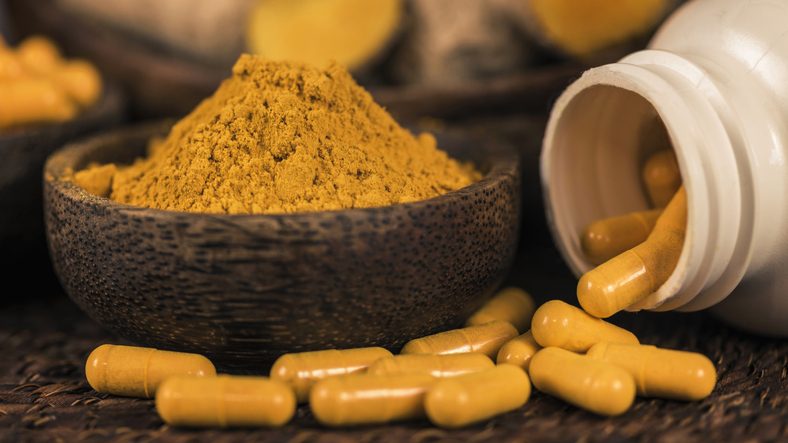What's in Your Supplement?
Deformulation of a Curcumin Nutraceutical By LCMS

Turmeric, the orange-yellow root of the Curcuma longa, has been used as a spice, medicine, and dye for at least 4,500 years. Turmeric consists of hundreds of compounds, but the curcuminoid curcumin is a major component of most commercial extracts. Although recent lab and animal research has found curcumin to contain anti-inflammatory and antioxidant capabilities, curcumin’s efficacy in human trials remains controversial, and trials have been limited due to its lack of oral bioavailability and rapid plasma clearance.
Drug vs. Supplement
Although the pharmaceutical industry has thus far viewed curcumin as a poor therapeutic agent, the nutraceutical industry does not have to prove efficacy to market curcumin for the treatment of disease. Because dietary supplements are not subject to the same FDA regulations as pharmaceuticals, there are currently no requirements that supplement labels be proven accurate or truthful. As a result, some marketed supplements contain less, or sometimes none, of the active ingredient they claim to contain.
In a recent application note, Cambridge Polymer Group used liquid chromatography-mass spectrometry (LC-MS) to evaluate the curcuminoid content of a curcumin supplement relative to the claims made on the label.
Product Deformulation
Samples were obtained from a commercial supplement with a label indicating 180 mg of curcumin per capsule. Curcumin purchased from Sigma Aldrich was used as a control. The percentage of curcumin in the control was consistent with the percentage reported by Sigma Aldrich's label.
However, CPG found 40% less curcumin in the commercial curcumin supplement than advertised on its label. This deformulation shows that it is important for manufacturers to screen incoming raw materials for purity using validated testing techniques.
Additionally, manufacturers can voluntarily submit products for certification by either the United States Pharmacopeia (USP) or National Science Foundation (NSF). A seal from either of these groups indicates that the consumer can trust that the product has been verified to contain the ingredients listed. As an ISO 17025 accredited and 9001 certified lab, CPG can test to USP standards and certify results.
Read more.